Search
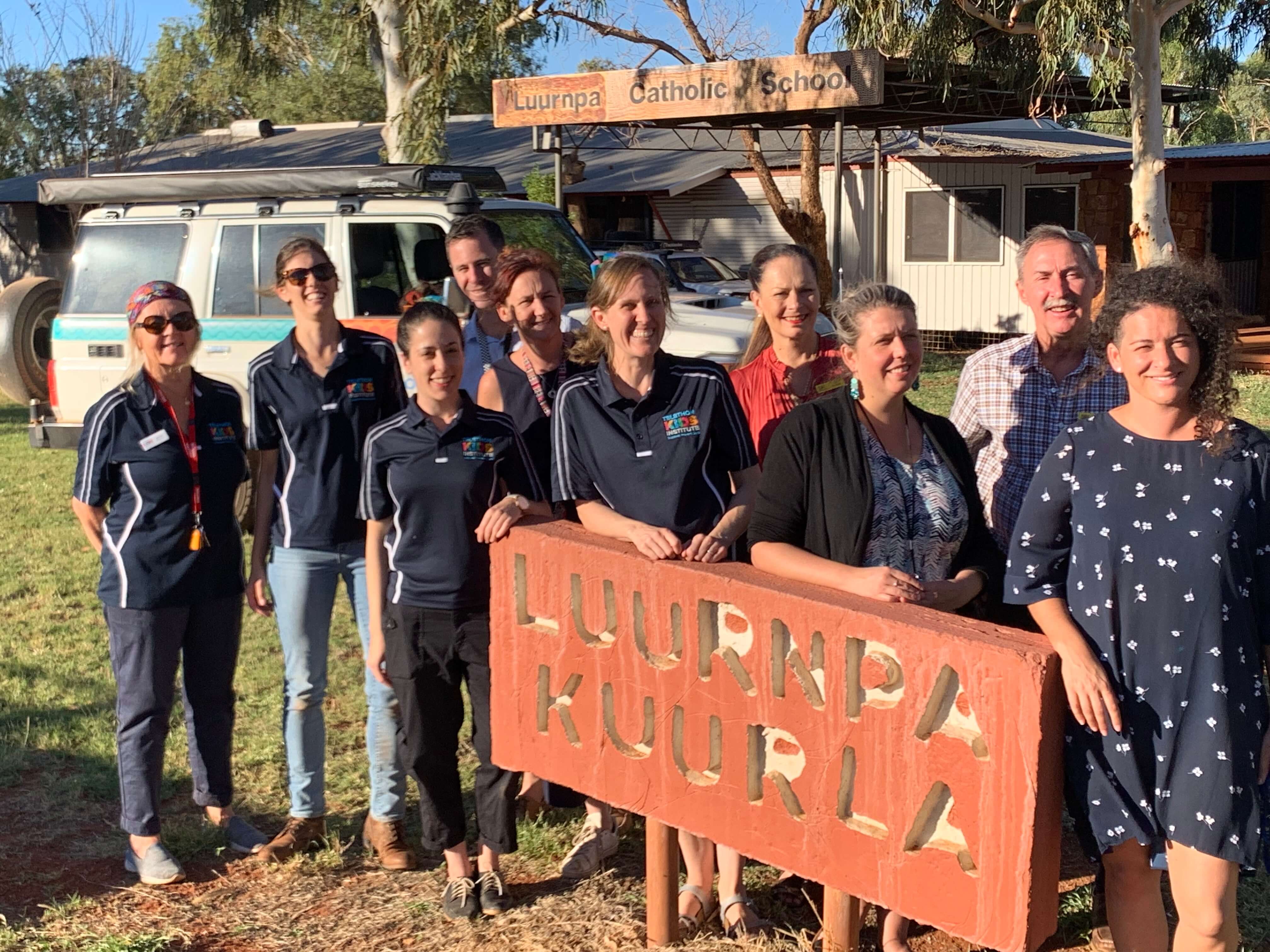
News & Events
First week of school visits mark official launch of the SToP TrialThe The Kids Skin Health team has a busy six weeks ahead - visiting nine communities throughout the Kimberley region of WA as part of the first school surveillance activities for the SToP Trial.
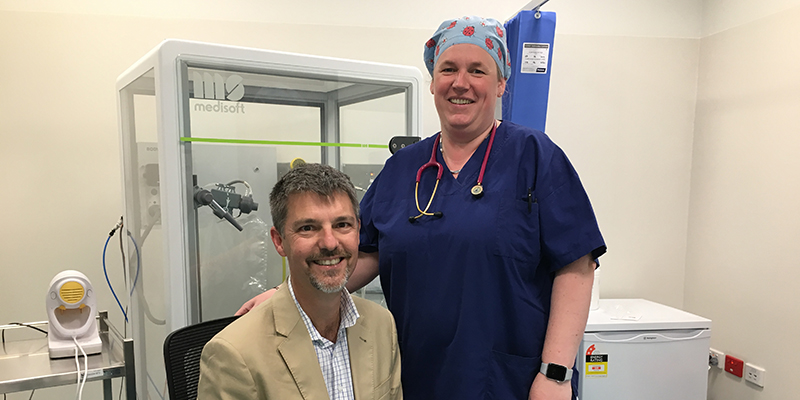
News & Events
Asthma medication reduces respiratory complications during tonsil surgeryA Perth study has shown that over-the-counter asthma medication before surgery can reduce respiratory complications during and after tonsillectomy surgery.
Symposium Sundowner Date: Monday, 11th November Time: 5-7pm Venue: The Winter Garden & Collegiate Lounge, Level 5 Perth Children’s Hospital Join us

News & Events
Dogs are more than companions, they are great for our mental wellbeingA new study has highlighted the positive impact dog ownership has on our mental health.
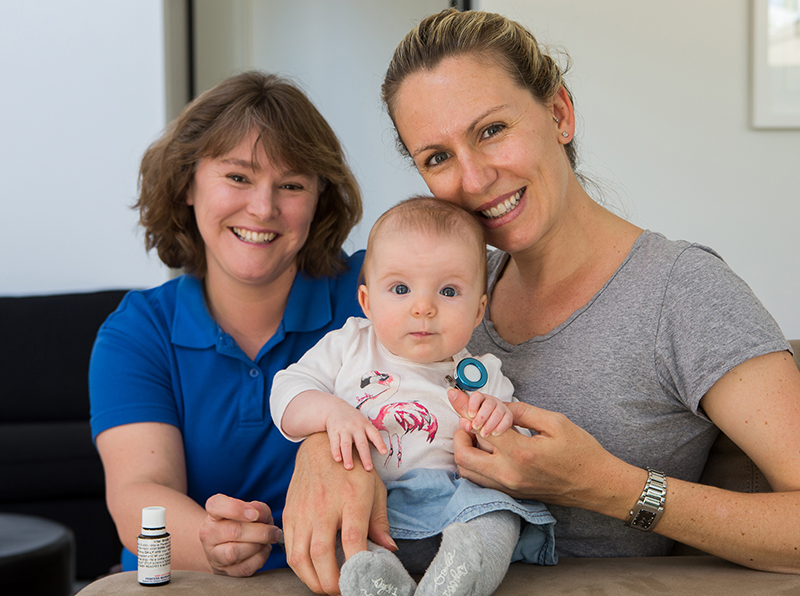
News & Events
Infant study shines new light on eczema preventionA study led by The Kids Research Institute Australia has suggested vitamin D supplementation in babies is no match for sunlight when it comes to preventing eczema.

News & Events
The Kids researcher honoured at Premier’s Science AwardsThe Kids Research Institute Australia researcher Dr Melissa O’Donnell has been named Woodside Early Career Scientist of the Year at the 2018 Premier’s Science Awards for her internationally recognised work in the area of child abuse and neglect.
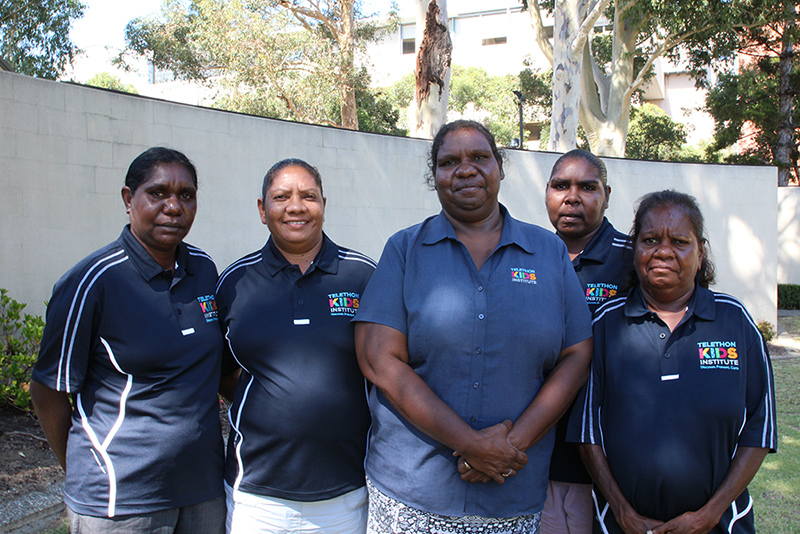
News & Events
Because of her, we can: NAIDOC Week 2018As leaders, trailblazers, researchers, teachers, and social change advocates, Aboriginal and Torres Strait Islander women at The Kids fought and continue to fight to bring positive, sustainable change to the health and well-being of Aboriginal children and families.
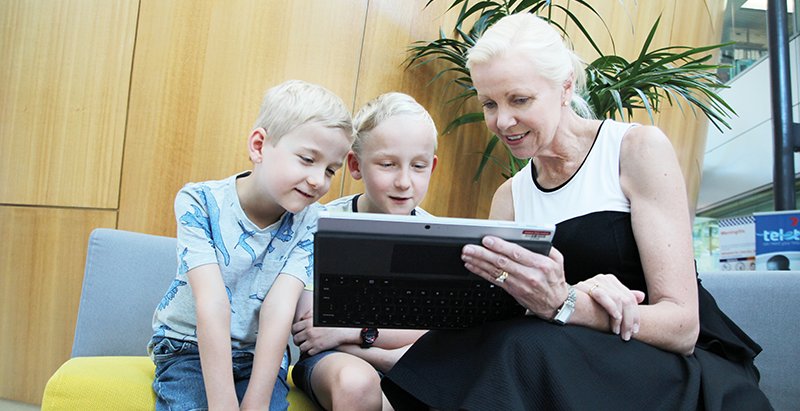
News & Events
Cyberbullying work finds international audienceSchools from around the globe have turned to The Kids Research Institute Australia, seeking access to invaluable lessons learned from Australian students on how to effectively reduce harm from cyberbullying.

News & Events
UV offers new hope in fight against MSPeople at risk of developing multiple sclerosis (MS) have been offered a beacon of hope thanks to research into UV exposure.
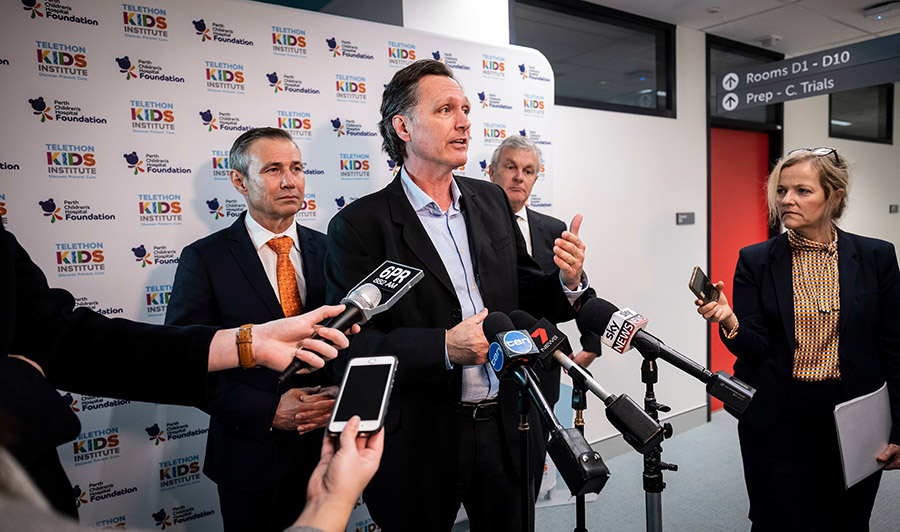
News & Events
WA first international hub for Human Vaccines ProjectThanks to a partnership with Perth Children’s Hospital Foundation, Perth’s The Kids Research Institute Australia will be at the forefront of a global push to decode the human immune system to transform how we prevent, diagnose and treat disease as the first international hub of the Human Vaccines Project.
